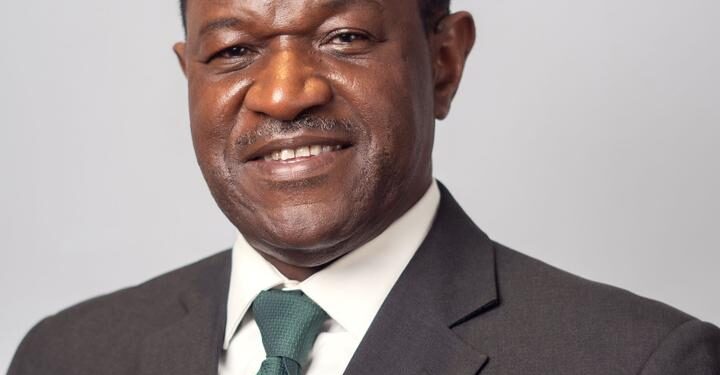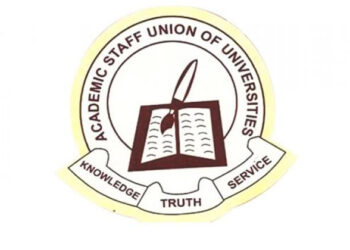The Nigerian Education Loan Fund (NELFUND) is fast becoming one of the most promising and refreshing public initiatives under President Bola Ahmed Tinubu’s administration. In one bold move, the government is not only restoring hope for the future of its teeming youth but also taking aim at one of the most shameful statistics on the global stage: Nigeria’s ranking as the country with the highest number of out-of-school children. A record no nation desires.
At the heart of this ambitious project is a drive for inclusivity, accessibility, and perhaps most impressively, transparency, all delivered through a digital-first approach. Unlike many government agencies bogged down by bureaucracy and riddled with middlemen, NELFUND has decided to do things differently. From application to disbursement, the entire loan process is now handled online. No physical paperwork. No long queues. And crucially, no room for the kind of human interference that has too often derailed well-meaning initiatives in the past.
This decision, while technical on the surface, is deeply transformational. By removing the traditional gatekeepers, the ones who often become bottlenecks or sources of exploitation, NELFUND is rewriting the playbook for public sector service delivery in Nigeria. It is offering a glimpse into what governance in the digital age could truly look like: fast, fair, and free of unnecessary friction.
Could this be the beginning of a new culture of transparency in Nigeria’s public institutions? One where integrity is not just spoken of but built into the very systems that serve the people?
At the helm of NELFUND is Akintunde Sawyerr, the pioneer Managing Director and Chief Executive Officer, whose track record spans continents and sectors. With over 35 years of experience across education, healthcare, logistics, private equity, and agriculture, Sawyerr is no stranger to international best practices. His leadership at NELFUND seems to reflect that, from inclusive policies for students with disabilities to plans for equipping beneficiaries with vocational and technical skills alongside financial aid.
Sawyerr’s global exposure, from roles in London and Dubai to public private partnerships in Africa, has clearly shaped a mindset built around innovation, systems thinking, and people-first leadership. And perhaps that is what makes this initiative different. It is not just about loans. It is about building a new culture of governance and service delivery, starting with one of the most critical sectors: education.
Of course, it is still early days. The system is young and untested at scale. There are challenges ahead, especially as more students apply and as the scheme matures. But the foundation is promising, and the intention is clear.
Is President Tinubu using NELFUND as a test case to initiate cleaner, more efficient government processes across the board? Only time will tell. But if this is a sign of what is to come, then Nigerians have reason, however cautiously, to hope again.



















































































 EduTimes Africa, a product of Education Times Africa, is a magazine publication that aims to lend its support to close the yawning gap in Africa's educational development.
EduTimes Africa, a product of Education Times Africa, is a magazine publication that aims to lend its support to close the yawning gap in Africa's educational development.